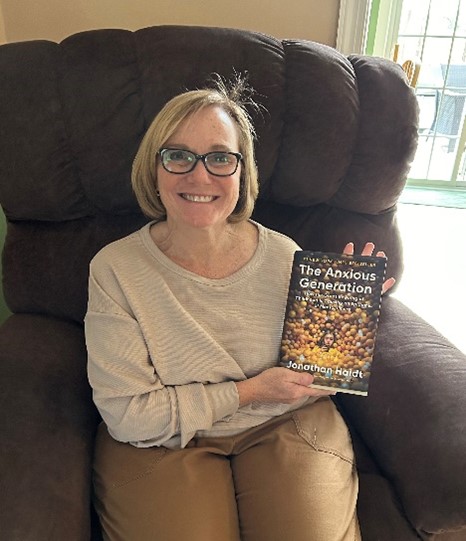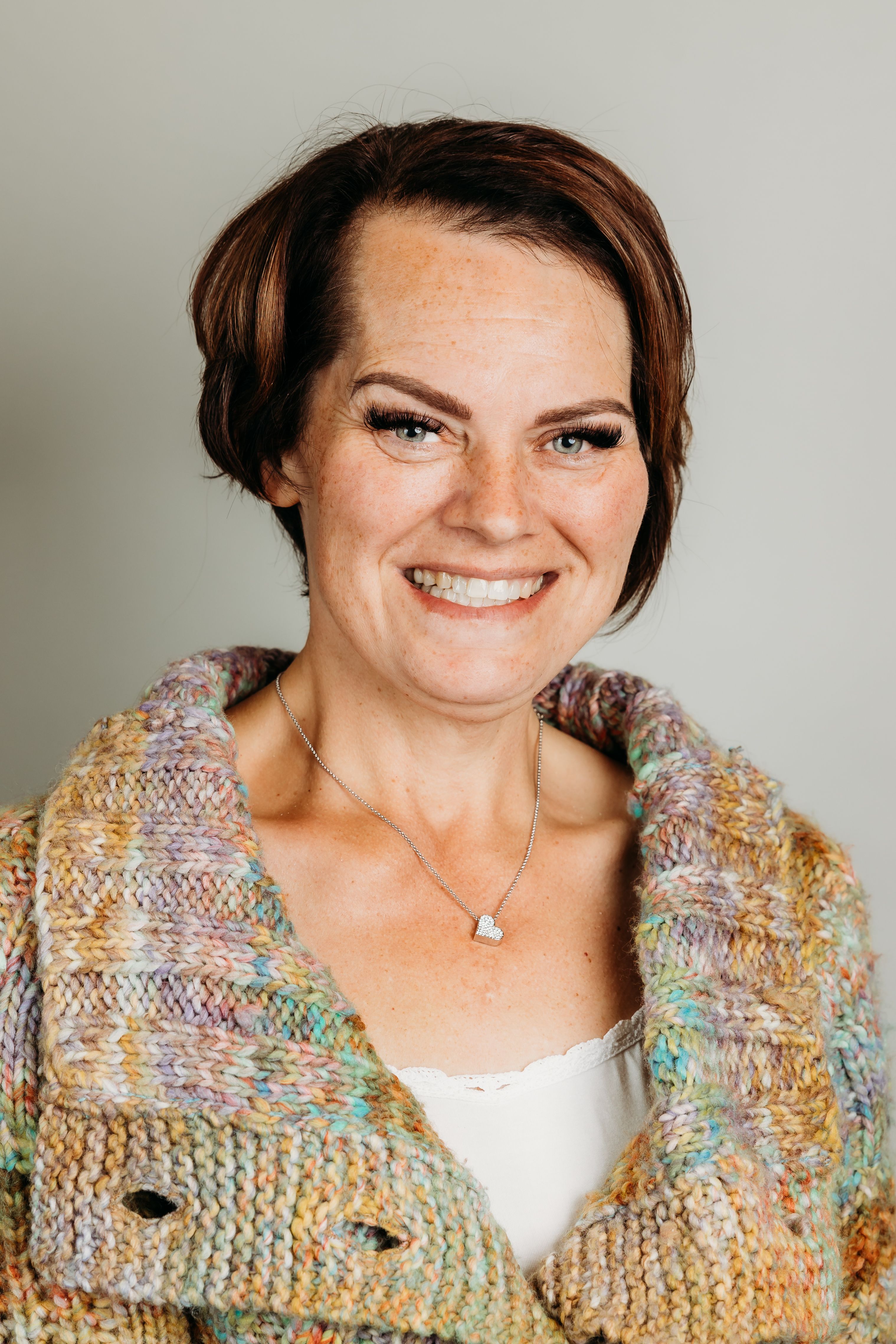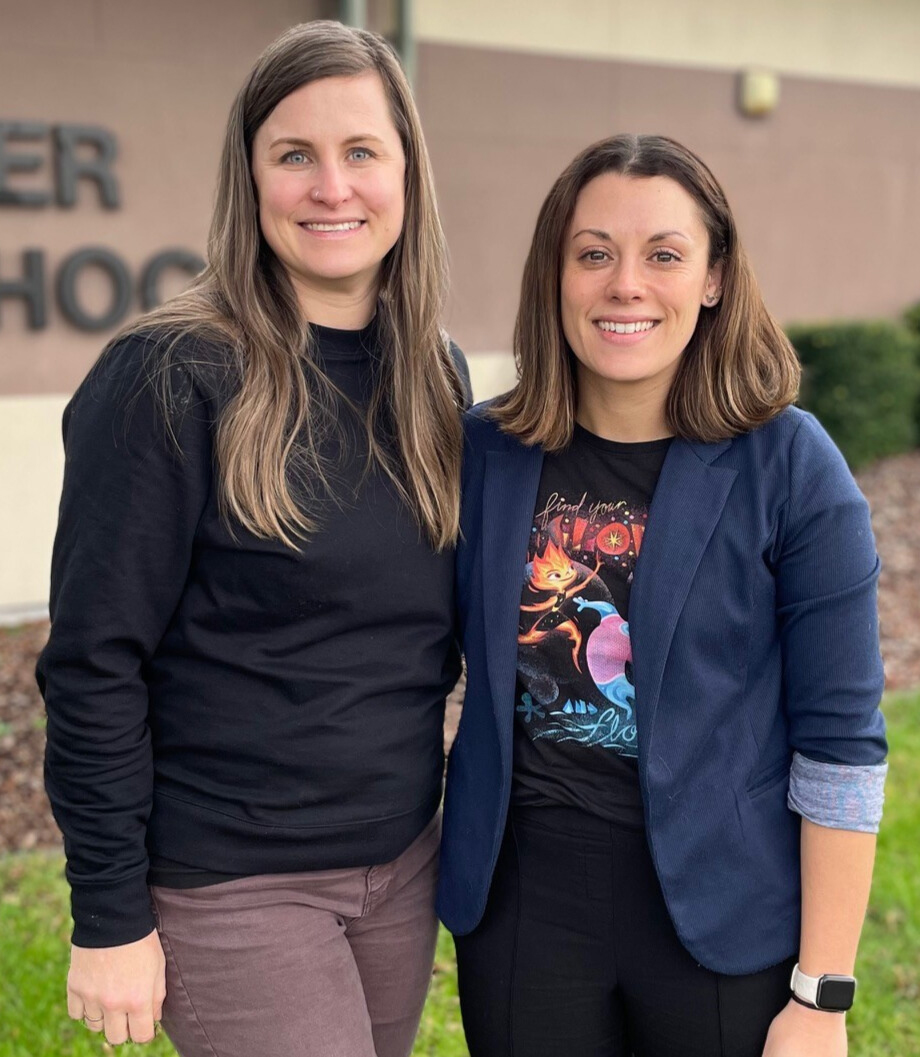
By Dawn Snyder, Learning Engineer
The Question on Every Teacher’s Mind
What’s wrong with kids these days? As an experienced teacher, I found myself pondering this question, just like many others. One day, while scrolling through social media, I came across a post that said, “Kids haven’t changed- they still come into the world the same way. What has changed is how we are raising them.” That statement really got me thinking. I loved my students, but I had noticed a shift in their behaviors across the board. I also saw a notable change in parents- their level of support for both their children and the school system had clearly declined from what was observed earlier in my career.
What’s Happening? A Shift in the Classroom and at Home
I taught elementary school for 31 years, from 1992 to 2023. The last decade of my career felt markedly different from the first two. I frequently discussed these changes with my husband, who has been a high school teacher for 35 years. Together, we noticed a shift in both students and the education system. In the classroom, we observed a growing difficulty among students to communicate clearly, stay focused, solve problems, and collaborate. Many seemed anxious, stressed, or even depressed. The school system was increasingly placing more responsibilities on teachers’ shoulders—requiring us to write and implement intervention plans for struggling students, teach social and emotional curricula alongside academic content, and carve out additional time to remediate students, all while still being expected to cover the full curriculum. The stress levels of teachers were rising, and as a result, many were leaving the profession.
My husband and I noticed a change in our own two boys. These boys, who once loved make-believe play and outdoor adventures, gradually lost interest in spending hours outside. With game systems in hand, they preferred video games, especially those that allowed them to play virtually with strangers. Initially, my husband and I found this fascinating, but we soon realized these games were addictive, and the boys began losing interest in activities they had once enjoyed.
Teaching: A Passion, But Also a Challenge
Teaching has always been my passion and identity. I love children and their natural curiosity for learning. However, I noticed it was becoming increasingly difficult to capture and maintain students’ attention. A significant portion of the school day was now spent not only on teaching academics but also on developing social skills that children used to arrive at school already possessing. During my daily commute, I often asked myself: What has changed? Is it the children—or is it me?
The Observation of Children in the Real World
To try to find answers, I began observing children outside the classroom. At stores, I noticed many children disengaged from the world around them. They weren’t interacting with their parents or others; most were glued to screens—phones, tablets, etc. This saddened me because I cherished taking my boys to stores as toddlers, turning shopping trips into teachable moments. From the front of the cart, they learned vocabulary, colors, counting, and how to greet people—not by staring at screens.
In restaurants, I noticed families sitting together, yet each member was absorbed in their own device, barely talking to one another. It seemed that the screens had become more appealing than human interaction. Right before my eyes, I witnessed a growing reliance on screens and a corresponding decline in social engagement.
The Personal Parenting Journey: Trial and Error
I didn’t want this for our family. When our boys reached middle school, we gave them cell phones with the primary intent of being able to communicate as they gained more independence and sometimes stayed home alone for a few hours. However, just like with video games, my husband and I quickly realized the importance of setting clear boundaries. One non-negotiable rule we established, which still stands today, is that phones are not allowed at the dinner table. Our rules were sometimes met with resistance, as our boys would argue that other parents didn’t enforce such rules and that we were being unfair. As parents, we were navigating the challenge of raising teenage boys during the technological revolution through trial and error. We frequently found ourselves questioning, “Are we doing the right thing?”
Am I Right? The Constant Question
As both a teacher and a parent, I had countless theories about today’s generation, but I often found myself wondering—am I right? Now, working for Ukeru and speaking nationwide about Trauma-Informed Care, I have the privilege of discussing education on a personal level, reflecting on how it has evolved over the years. Recently, while speaking with educators in Pennsylvania, they recommended the book The Anxious Generation by Jonathan Haidt.
Reading it confirmed so many of the thoughts that had been running through my mind over the past few years as both a parent and an early childhood educator. I couldn’t put the book down and finished it in just a few hours.
Finding Answers and Moving Forward
Statistics clearly show the negative impact that technology and phones have on our youth. I’m no longer asking, “What’s wrong with kids these days?” Instead, I’m taking ownership of the changes I’ve witnessed. I recognize that society has evolved due to technology, and I, too, have changed. I am just as dependent on technology as the next person. However, becoming more mindful of my own technology usage has shaped my thoughts and actions.
I now share insights from my own mistakes with young parents in my family and friend groups. I also have open and honest conversations with my two grown boys about how technology has impacted our family dynamic, what I would have done differently, and how I hope it inspires them to be more vigilant with setting ground rules when they become parents. Additionally, I recommend The Anxious Generation to anyone. It validated many of my thoughts, opened my eyes to so many new perspectives, and inspired me to strive to be a more responsible and engaged citizen in society.
As I travel the country training with Ukeru, I witness firsthand the growing number of people, especially young children, struggling with mental illness, depression, fear, and anxiety. I am passionate about helping others, and I deeply hope for a world where children are not only physically healthy but emotionally well. Today, I challenge you: Instead of asking what’s wrong with kids these days, ask yourself—what is my role in supporting children in today’s world?




